




Supply Shed: Achieving Credible Traceability in AgFood Value Chains
![]() Wed 12th February
Wed 12th February![]() 16:00 CET | 15:00 GMT | 10:00 EST
16:00 CET | 15:00 GMT | 10:00 EST
The 6 Harvests Webinar Series delves into the critical strategies for scaling regenerative agriculture programmes to meet net-zero goals. Join industry leaders from the AgFood & Beverage sector at the forefront of the Regen Ag transition as they share insights on reducing land-based emissions and enhancing supply chain resilience.
Episode 2 - Supply Shed: Achieving Credible Traceability in AgFood Value Chains
Limited traceability and a lack of supplier-specific information present significant challenges for AgFood companies seeking to reduce their Scope 3 emissions. Segregated supply chains, which enable physical traceability, remain the exception rather than the norm, yet they are favored by third-party certifiers such as SBTi. Additionally, dynamic farming systems—despite their substantial environmental benefits—pose difficulties when accounting for the impact of specific crops, even within a single supply chain.
This is where the concept of the Supply Shed comes in: a group of suppliers within a specifically defined market that provides similar goods and services and can be shown to fall within a company’s supply chain. This approach is designed to help corporate adopt a pragmatic strategy to reduce their Scope 3 emissions, enhance traceability, and enable co-investment and co-claiming, all while preparing for the more time-intensive and complex demands of a fully traceable supply chain approach.
Key questions we will address for AgFood companies:
• What are the main traceability challenges for AgFood companies?
• What is this Supply Shed approach and how can I use it?
• Is a supply shed aligned with the "sourcing region" definition from the GHG protocol?
• What are examples of adoption of the supply shed around the world?
• How can we ensure effective farmer progress without direct supplier engagement?
• What are the other benefits of a supply shed approach beyond what accounting rules might say?

Silvana Paniagua Tufinio
Director of Development
VCI Development

Lucia von Reusner
Director of Carbon Protocols & Policy
Regrow Ag

Camille Laurent
Value Chain Lead
Soil Capital

Andrew Voysey
Chief Impact Officer
Soil Capital